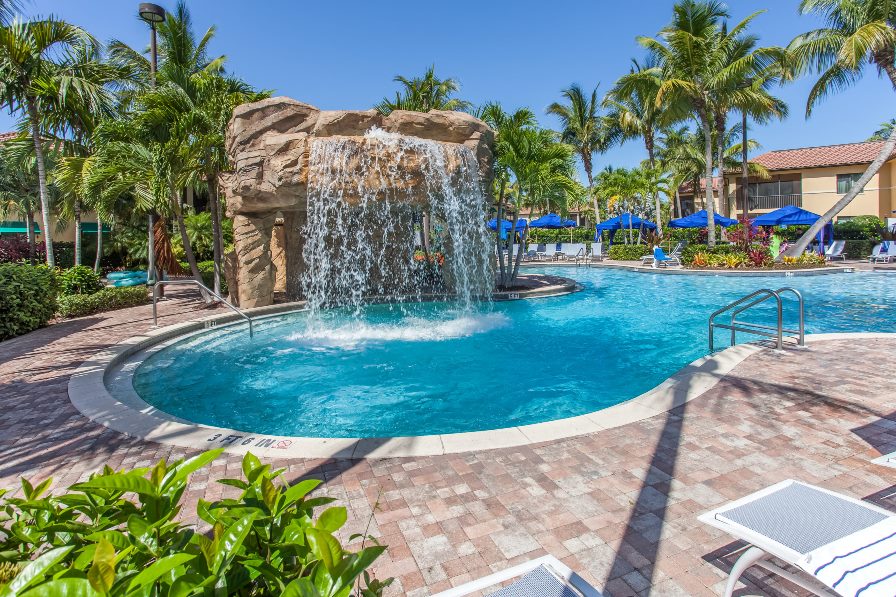The Title Company
The Title Company is responsible for handling the purchase and managing the financial aspect of the transaction. The Title Company is often located in a law office and handles a wide variety of tasks, including:
- Verification of ownership
- Obtaining title insurance, which protects the owner from claims
- Checking for liabilities (property tax payments, bank or contractor encumbrances, unpaid bills iin the community …). This excludes debts with utility companies (you can check for these before or during the re-registration).
- Communication with the bank, if the buyer needs a loan
- Preparation of the settlement statement
- Gathering all documents to be signed by the buyer
- Mailing of these documents to the buyer with information on the next steps.
- Payment after closing (actual transfer of ownership). This not only includes the payout to the seller, but also bank, tax authority, investment, realtor and possible home insurance payments etc.
You’re free to choose your own title company, or we can recommend some companies that we’ve successfully worked with in the past.

Home Inspection
The buyer has the option to have the home professionally inspected. You can choose from several comprehensive packages:
- Standard inspection: testing the functionality of appliances, installations, windows, roof, etc.
- Testing for mold spores: The home inspector takes an air sample outside the home and one or more samples (depending on size) inside the home. These samples are tested for mold spores. Mold spores always occur, but the level measured inside the home should generally be lower than or equal to the outside level, and some aggressive mold spores should not be detected at all.
- Testing for radon: Radon is a radioactive noble gas that can be trapped in building materials or enter through cracks in the floor slab. The gas can cause cancer. To check if the legal limit is exceeded, the radon level in the home is measured for two days.
- Chinese Drywall Inspection: During the construction boom between 2002 and 2006, low-quality sheetrock was imported from China. It was later determined that this sheetrock secretes high levels of chemicals (including sulfate). This can cause health problems and corrode metals in pipes and air conditioning systems.
- Wood Destroying Animals and Fungi: The building is inspected for evidence of infestation by termites or fungi that attack wood.
- Seawall Inspection: This includes inspecting a seawall and boat dock.
- Building Code Inspection: The inspector checks to see if any alterations have been made to the building without the issuance of a permit or without legally required inspections.
The home inspector then prepares a comprehensive inspection report containing various categories. For normal purchase contracts (not AS-IS), the seller is obliged to eliminate all problems that have been classified as “non-functional”. The seller could also offer the buyer a price reduction (which does not have to be accepted).
We can recommend several diligent local companies and will also accompany them to the inspection, so we can get a first-hand look at any problems.
The second deposit
Depending on the contract, a second down payment is usually due 14 – 21 days after signing. This bumps the deposit to approximately 10% of the total purchase price. The second deposit is also paid into the escrow account at the title company.
Financing application
After the contract is signed, the application must be submitted to the financing bank within the given timeframe (5 – 15 days). If you plan on buying a house, please contact us well in advance before your trip (at least 4 weeks). We can provide you with an information sheet from the bank stating which documents you should bring with you.
HOA application
Almost all communities require buyers to submit an application to become a member of the homeowner’s association after signing a purchase agreement. This application usually includes contact information as well as car and pet information. Some facilities also require a letter of recommendation from friends and acquaintances, while others request a certificate of good conduct from the U.S. Department of Law Enforcement, sometimes even a background check from the foreign country. The application usually costs around $100 to $500.
The community also needs your contact information to send invitations, invoices, etc.

